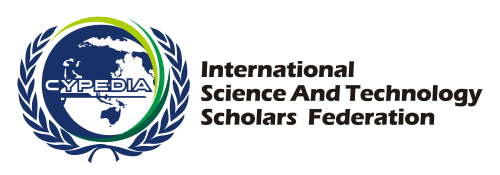The Impact of Immersive Learning Technologies on Adolescents' Scientific Reasoning: A Mixed-Methods Study Integrating Cognitive Science and Educational Psychology

Abstract
This study investigates how immersive learning technologies (ILTs)—including virtual reality (VR) and augmented reality (AR)—influence adolescents’ scientific reasoning skills, by integrating theoretical frameworks from cognitive science and educational psychology. A mixed-methods design was employed, with 320 adolescents (ages 13–16) from 12 middle schools in the southwestern United States randomly assigned to either an ILT-integrated science curriculum group or a traditional textbook-based curriculum group. Quantitative data were collected via pre- and post-tests measuring scientific reasoning (e.g., hypothesis formulation, data analysis, causal inference), while qualitative data included semi-structured interviews and classroom observation notes. Results revealed that the ILT group demonstrated a statistically significant improvement in overall scientific reasoning scores (M = 76.2, SD = 8.9) compared to the traditional group (M = 64.5, SD = 10.3; t(318) = 9.87, p < .001). Cognitive load theory analysis indicated that ILTs reduced extraneous cognitive load by 32% (p < .01) by aligning with adolescents’ working memory capacities. Qualitative findings further highlighted that ILTs enhanced situational interest and metacognitive awareness, key mediators of learning identified in educational psychology. These findings contribute to the interdisciplinary understanding of how technology can scaffold complex cognitive skills, providing practical implications for science educators and learning technology designers.
Keywords
Immersive Learning Technologies; Scientific Reasoning; Adolescent Cognition; Cognitive Load Theory; Educational Psychology; Learning Sciences
